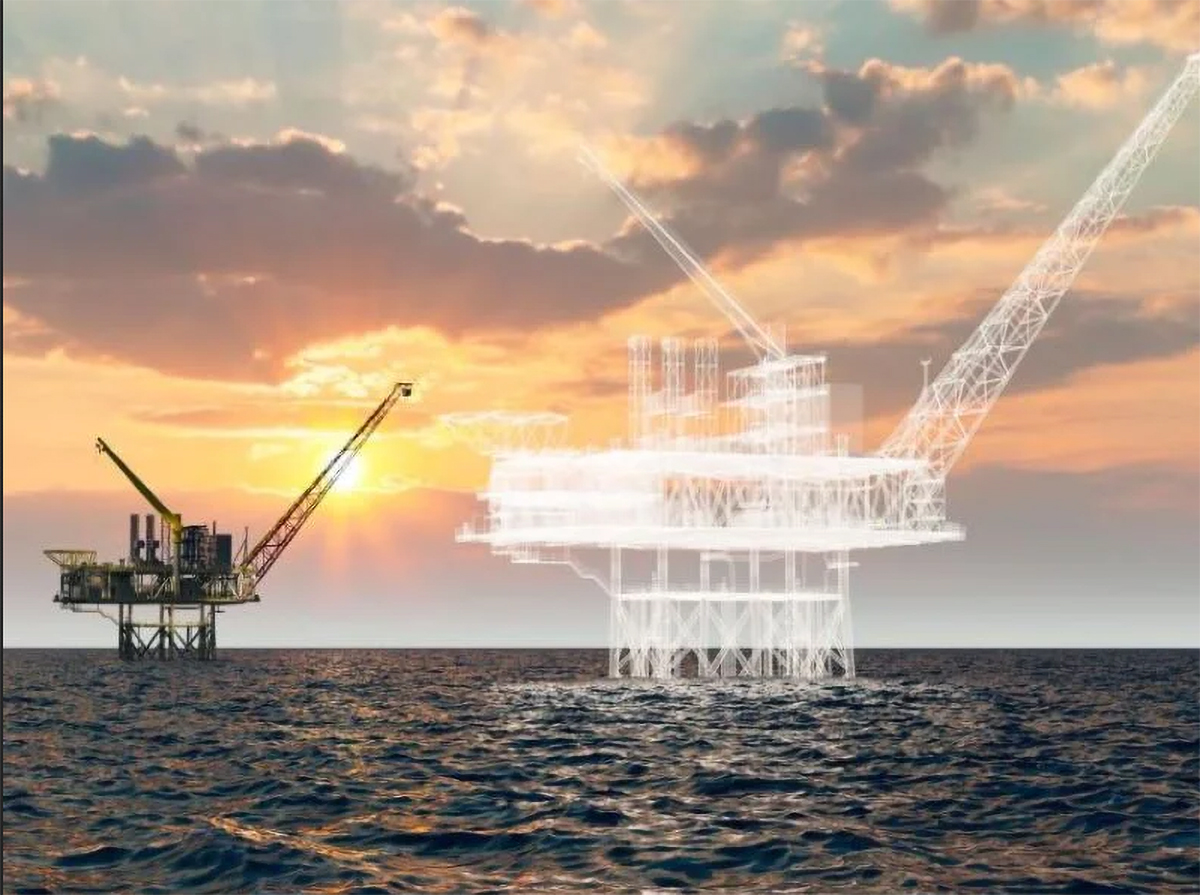Last month, energy companies Petrom and Romgaz announced plans to develop the Neptun Deep offshore gas field in Romania, with the development of the field boding well for the broader energy security of the Black Sea. However, these energy projects will have to contend with a hostile Russia interested in stymying Romania’s ability to extract these natural resources.
The Kremlin has already demonstrated a series of hybrid war tactics in the Black Sea and announced the end of the grain deal, warning that all ships on the Black Sea transporting goods to Ukraine would be viewed as enemy actors. This deliberate, obstructive and hostile behavior, which has the potential to seriously affect gas production and regional stability, takes many forms.
One such form is Moscow’s seizure of Ukrainian offshore oil and gas wells immediately after the annexation of Crimea in 2014. Russia has also taken actions in the Black Sea that endanger navigation and inhibit freedom of movement. For example, Russia is accused of launching a mass GPS signal disruption attack in June 2017; the attack affected shipping in the Black Sea and prompted a warning from NATO’s Shipping Centre. Moscow is also accused of blocking large segments of the Black Sea by declaring real or fictitious naval exercises.
If Romania can manage to tap the gas reserve, however, it has the potential to significantly impact the geopolitical and economic situation in the region, particularly by providing an alternative to Russian gas, thereby weakening Moscow’s influence, writes Arnold C. Dupuy, a researcher at the Atlantic Council.
Much of the Black Sea has been off-limits to oil and gas production, mainly because of geopolitical tensions, the exceptional depth of the sea, and environmental and worker safety concerns. Prior to 2014, there were considerable gas deposits in Ukraine’s exclusive economic zone (EEZ) in the Black Sea; however, when Russia annexed Crimea, it appropriated Ukraine’s gas deposits, effectively removing these assets and potential revenues for the foreseeable future.
In recent years, Turkey and Romania have emerged as players in gas projects in the region. For example, in August 2020, state-owned Turkish Petroleum discovered the Sakarya gas field, the largest in the western Black Sea.
Estimates indicate that Sakarya holds 540 billion cubic meters of gas reserves and will meet about 30% of Turkey’s natural gas demand. Its first gas deliveries are expected in 2023.
Romania has also discovered significant offshore gas reserves in the EEZ and plans to exploit around 200 billion cubic meters. Romania began its extraction in 2023, producing 1 billion cubic meters from the Ana production platform, a field developed by Black Sea Oil & Gas.
However, the largest field in the Romanian sector is Neptun Deep, estimated at 100 billion cubic meters in water depths of 100 to 1,700 meters. OMV Petrom, the Romanian oil and gas company owned by Austria’s OMV) and Romgaz (the Romanian state-owned gas company) will lead the development of the project. Infrastructure development will start in 2024, and the first production is expected in early 2027. Neptun Deep will produce 7-8 billion cubic meters per year, with potential revenues of over $25 billion — the equivalent of three and a half years of Bucharest’s current defense spending.






